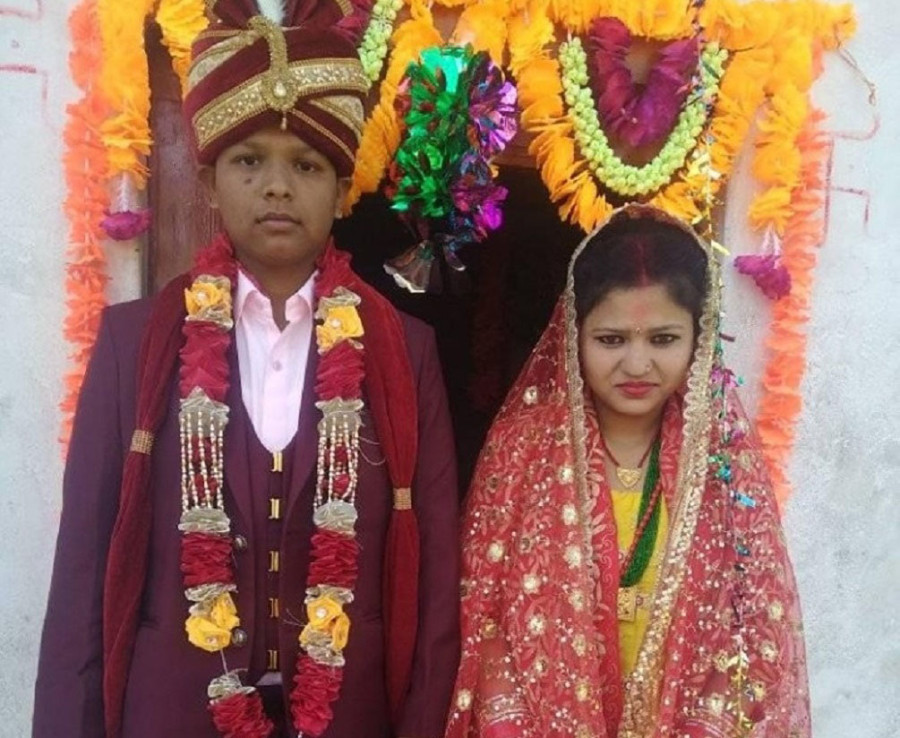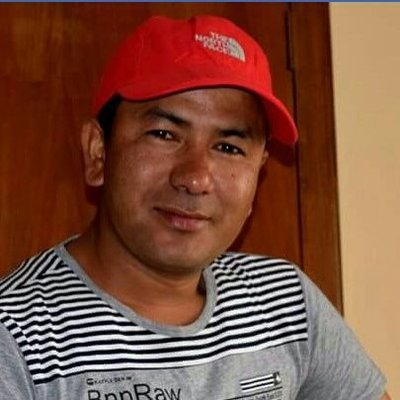Sudurpaschim Province
First inter-caste couple to have an arranged marriage in Bajhang
The marriage between Bohara and BK is a significant departure from an age-old norm—the first such case in the district.
Basant Pratap Singh
On Friday evening, a dozen horses carrying people in colourful attire headed to Raikoshi village, a predominantly dalit settlement in Bajhang. The horses were trailed by a crowd of about 300 people—jantis traveling to the bride’s house to celebrate a wedding ceremony.
The crowd included ward chair Jaya Bahadur Malla, of the Bitthadchir Rural Municipality-9, and representatives from local levels. The house of the bride was decorated with flowers and celebratory flags. Ramesh BK, father of the bride, welcomed the group, offering tika to each of the visiting ensemble. The villagers lit up lamps in celebration.
Dipak Bohara, 22, and Rupa BK, 21, were tying the knot according to Hindu tradition. For a society where discrimination based on caste is rampant, this marriage was an unusual one. The groom was from a so-called higher caste family compared to the bride who was a dalit, one of the lowest rungs of the caste hierarchy.
The caste system prohibits people from the high caste to drink or eat anything touched by the dalits and doesn’t allow a marital liaison between the two. Inter-caste couples often face ostracisation by society. Many are abused and victimised.
The marriage between Bohara and BK was a significant departure from this age-old norm—the first such case in the district. The marriage was accepted by not just the family of the groom and bride but the whole society.
“When I first heard about this uncommon marriage, I felt uncomfortable,” said Kesh Bista, one of Bohara’s neighbours who attended the wedding ceremony. “But I thought, if they are willing to get married, why should I feel uncomfortable? We attended the ceremony happily.”
The groom’s father, Kalak Bohara, said that the marriage aims to put an end to centuries-long discriminatory practice. “It’s unfortunate that caste-based discrimination exists in the 21st century,” Kalak said. “This marriage is a step towards ending this practice.”
“It’s not fair to indulge in casteism today, since the civilisation has advanced so much,” he added. “This is just pushing our society backward. It’s high time this came to an end.” Kalak said that the massive participation from the locals indicates that caste-based discrimination is close to getting uprooted.
Groom Dipak Bohara said he is happy to break the taboo and marry the one he wanted to marry regardless of the difference between their castes. “Even till the last minute, we feared that the villagers would boycott the ceremony, but things turned out differently,” he said.
Harka Bohara, ward chair, said that the marriage has boosted the prestige of his rural municipality. “This is the first time an arranged inter-caste marriage took place in the district and it’s humbling to see it is being so widely accepted,” said the ward chair. “This has imparted an important message. It will go on to play an important role to decrease caste-based discrimination in the district.”




 16.12°C Kathmandu
16.12°C Kathmandu















